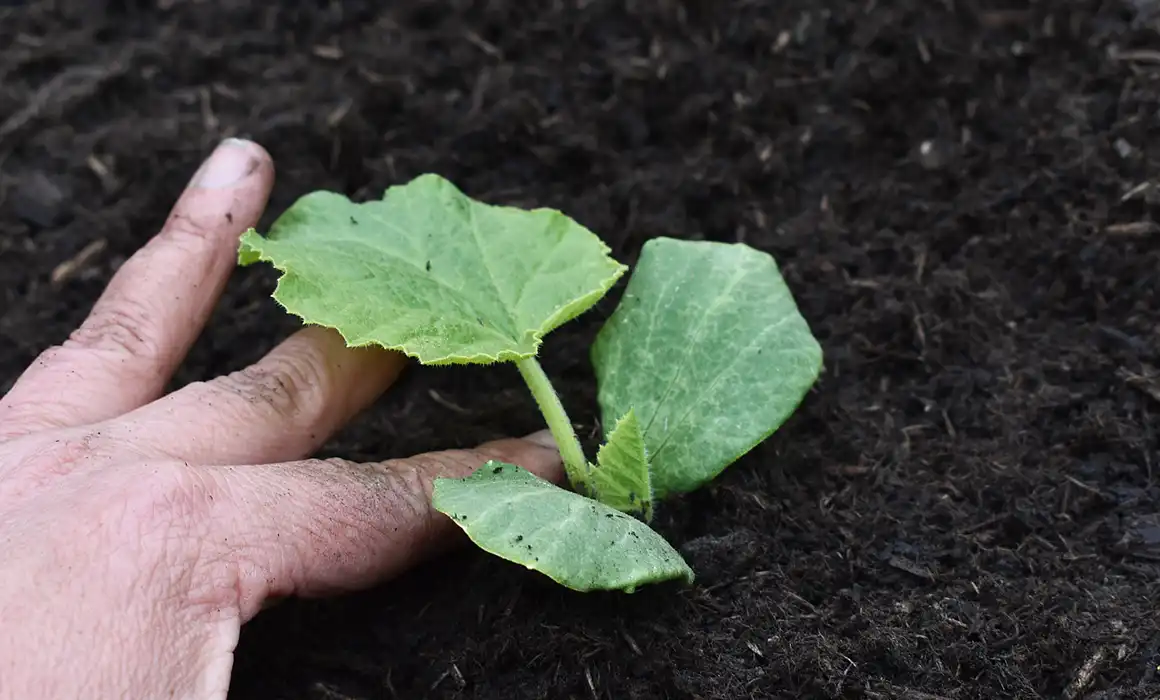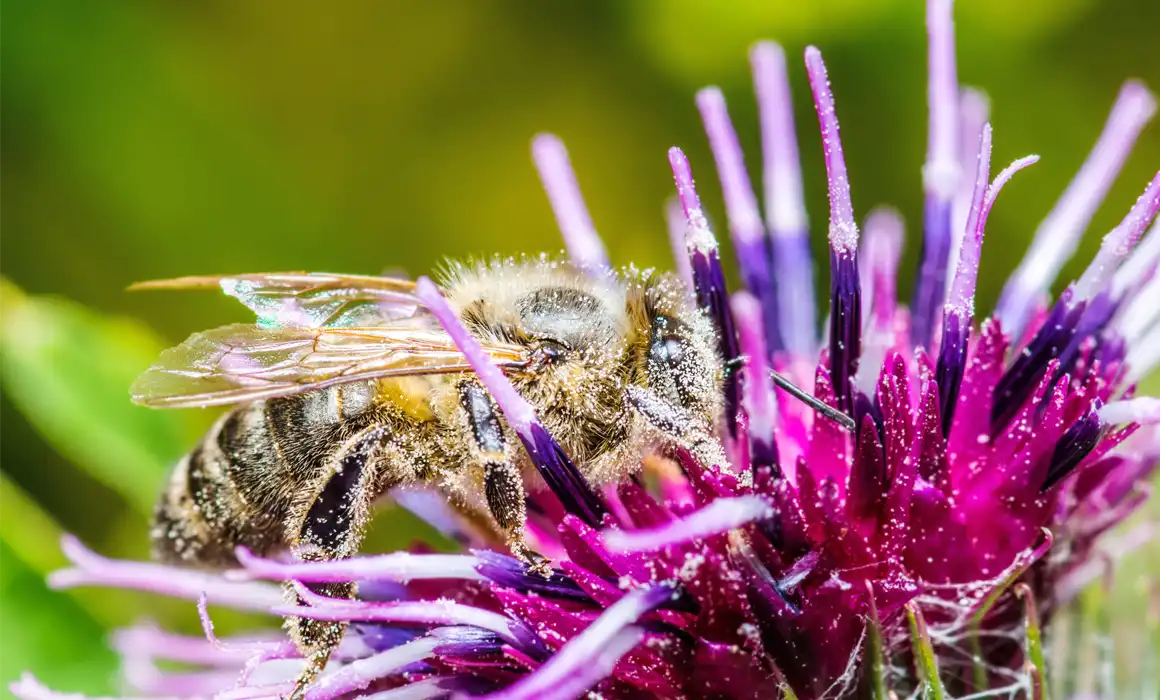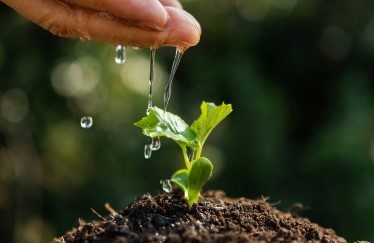In this blog, we will unlock the incredible benefits of biochar in enhancing soil health and fertility. Discover how biochar positively impacts soil, learn proper application techniques, and witness the remarkable outcomes achieved by gardening enthusiasts.
Whether you’re an experienced gardener or just starting out, biochar has the potential to revolutionize your soil and promote thriving plant growth. Join us as we delve into the world of biochar and unlock its boundless potential for creating a vibrant and sustainable garden.
Exploring the Positive Effects of Biochar on Soil Health and Fertility
Biochar, derived from organic waste materials through a process called pyrolysis, offers unique properties that enhance soil health and fertility. When incorporated into soil, biochar fosters a beneficial micro-environment, creating a thriving ecosystem within your garden.
One notable effect of biochar is its ability to act as a nutrient reservoir, preventing essential elements from leaching away. This property ensures that plants have access to vital nutrients, resulting in healthier growth and increased resistance to pests and diseases.
Additionally, biochar improves soil structure by enhancing water retention capabilities. It acts as a sponge, absorbing excess moisture and gradually releasing it during drier periods, preventing waterlogging and drought stress. This improved water management fosters robust root development and strengthens plants, making them more resilient.
Furthermore, biochar aids in carbon sequestration, making it an eco-friendly solution for mitigating climate change. When added to soil, biochar promotes the sequestration of carbon, reducing greenhouse gas emissions and contributing to the fight against global warming.
A Comprehensive Guide on Properly Applying Biochar to Garden Soil
To harness the maximum benefits of biochar, it is crucial to follow the correct application techniques. The following steps will ensure its proper utilization:
- Determine the quantity: Assess the size of your garden and the specific needs of your soil. As a general guideline, add approximately 10% biochar by volume to the topsoil.
- Pre-treat the biochar: Before use, pre-treat the biochar by mixing it with nutrient-rich organic matter, such as compost. This enhances its fertility and improves its moisture-holding capacity, enabling plants to thrive.
- Loosen the soil: Prepare the garden bed by loosening the soil with a fork or tiller. This ensures better integration of the biochar into the existing soil structure.
- Evenly spread the biochar: Distribute the pre-treated biochar evenly across the garden bed. Use a rake or gardening tool to thoroughly mix it into the top 6-12 inches of soil.
- Adequate watering: After incorporating the biochar, water the soil deeply to activate its beneficial properties. This also helps settle the biochar into the soil.
- Repeat applications: For optimal results, repeat the biochar application once annually, particularly in gardens with intensive cultivation.
Biochar offers a cost-effective and environmentally-friendly solution to enhance soil health and fertility. Its positive effects on soil structure, nutrient retention, water management, and carbon sequestration make it a popular choice among gardeners. By properly applying biochar, you can unlock its full potential and witness the transformation of your garden into a thriving ecosystem. Incorporate biochar today and experience the remarkable improvements in soil health and plant growth.




